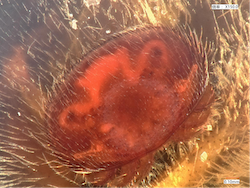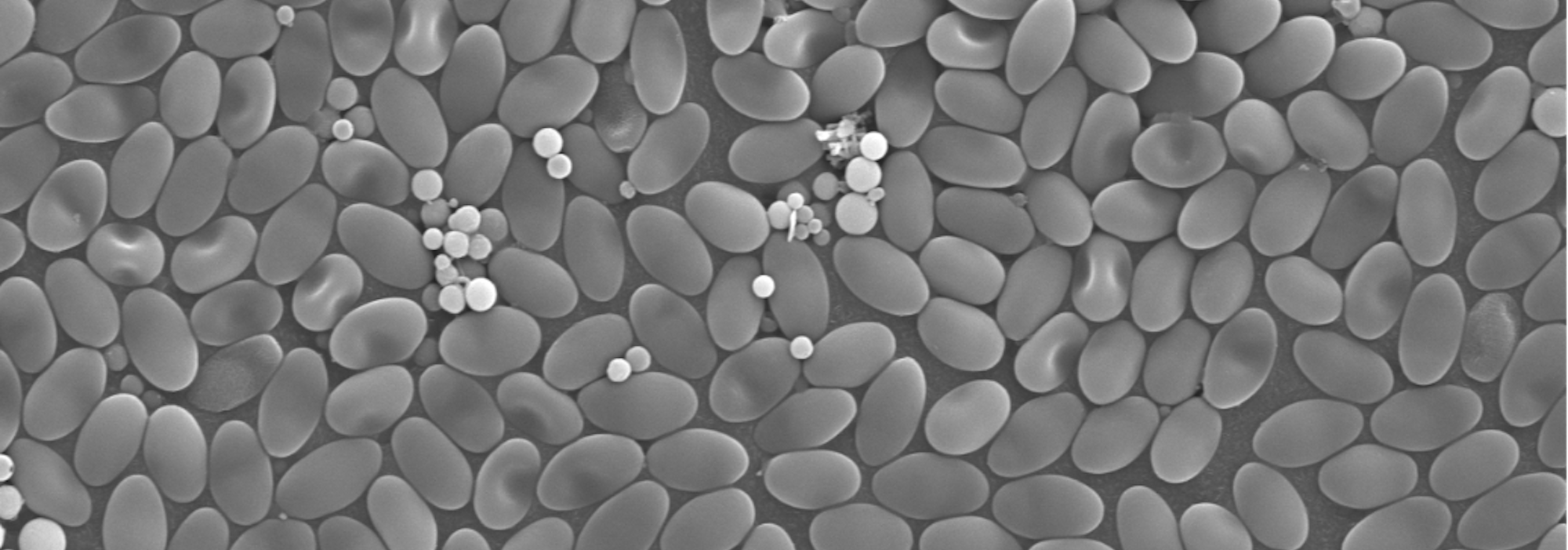Nancy A. Moran's Lab
About Qiang Huang
QIANG HUANG
Senior Research Fellow
Integrative Biology
University of Texas at Austin
Phone: 512-232-9419


Research
My research focuses on the co-evolution of bees and parasites. Mostly addressing social evolution and immune responses towards hive parasite (Small hive beetles), ectoparasite (mites) and intracellular parasite (Microsporidian), as well as effective control using symbionts
education
- 2001 – 2005, Jiangxi Agricultural University, Nanchang, China, Bachelor's
- 2006 – 2009, Jiangxi Agricultural University, Nanchang, China, Master
- 2009 – 2013, Martin Luther University Halle-Wittenberg, Germany, PhD
SELECTED Publications
Bai W.F., Liu J., Liu Y., Han W., Evans J.D., Huang Q. (2022) Phylogenetic analysis of small hive beetles from native to introduced populations. Frontiers in Genetics, 13: 900795
Ke L., Yan W.Y., Zhang L.Z., Zeng Z.J., Evans J.D., Huang Q. (2021) Honey bee habitat sharing enhances gene flow of the parasite Nosema ceranae. Microbial Ecology, https://doi.org/10.1007/s00248-021-01827-3
Huang Q., Wu Z.H., Li W.F., Guo R., Xu J., Dang X.Q., Ma Z.G., Chen Y.P., Evans J.D. (2021) Genome and evolutionary analysis of Nosema ceranae: a microsporodian parasite of honey bees. Frontiers in Microbiology. 12:645353.
Liu Y.Z., Beaurepaire A., Rogers C.W., Lopez D., Evans J.D., Straub L., Neumann P., Cook S.C., Huang Q. (2020) Gene expression and functional analyses of odorant receptors in small hive beetles (Aethina tumida). International Journal of Molecular Sciences. DOI:10.3390/ijms21134582.
Huang Q., Li W.F., Chen J., Retschnig G., Yanez O., Neumann P., Evans J. (2019) Dicer regulates Nosema ceranae proliferation in honey bees. Insect Molecular Biology. 28(1): 74-85
Evans J., McKenna D., Scully E.D., Cook S.C., Dainat B., Egekwu N., Grubbs N., Lopez D., Lorenzen M.D., Reyna S.M., Rinkevich F.D., Neumann P., Huang Q. (2018) Genome of the small hive beetle (Aethina tumida, Coleoptera: Nitidulidae), a worldwide parasite of social bee colonies, provides insights into detoxification and herbivory. GigaScience DOI: 10.1093/gigascience/giy138
